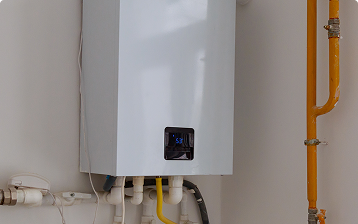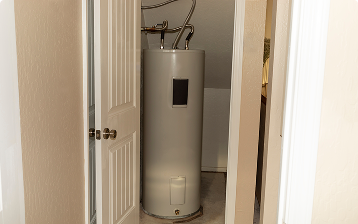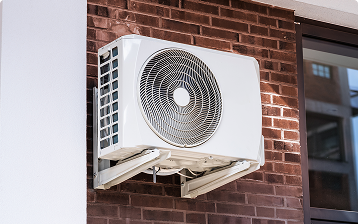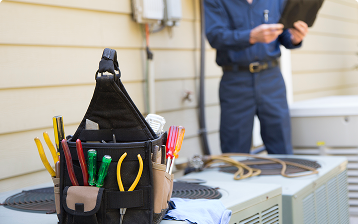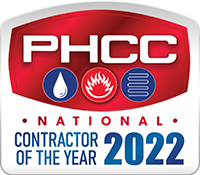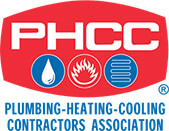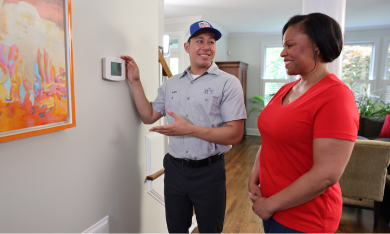
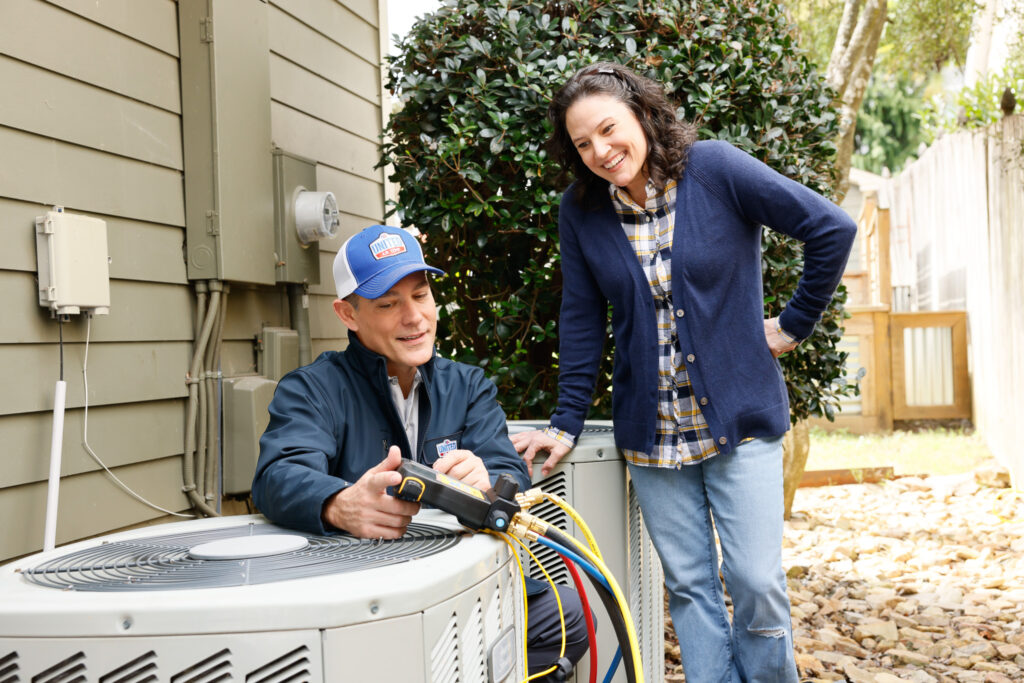
Summer heat and humidity levels in Jacksonville can be brutal, requiring an efficient and reliable AC unit for maximum comfort—and safety; however, if your AC is around 10 years old and struggling to keep up with your cooling needs, you might wonder: Should I have my unit repaired or replaced?
With energy and equipment costs steadily rising, making the right call can save you a lot in expenses over time. In this guide, we’ll break down the key factors you need to consider, allowing you to make an informed, cost-effective decision that meets your comfort needs and budget.
How Old Is Your Air Conditioner?
Generally, the 10-year mark is the start of the end for your AC unit. Once it hits 10 years of usage, its ability to perform efficiently will begin to decrease, especially in Jacksonville’s hot, humid climate, where systems are likely always running.
This means your home’s system faces more wear and tear than homes in milder climates.
Does Your AC Have an Active Warranty?
Most HVAC equipment comes with manufacturers’ warranties that help offset the repair cost. If your warranty is still intact, it may be better to schedule a repair over a replacement.
It’s important to do your research to see if you’ve got an active warranty that may cover the work you need performed.
How Much Does the Repair Cost?
One useful tip for deciding between repair and replacement relies on a simple formula: multiplying the unit’s age by the cost of repairs.
If the repair cost is over 50% of the cost of a replacement, it’s better to replace it. Additionally, a general rule of thumb is to replace your unit if the repair cost exceeds $5,000.
How Often Does Your AC Need Repair?
How frequently your AC unit needs repair is a clear indicator of its condition. If your unit needs minor repairs once a year or less, it’s probably still in good shape.
If you find yourself scheduling AC repair more than once a year, there’s likely a deeper issue signaling the need for a complete system upgrade.
What is Your AC’s Efficiency Rating?
A SEER rating, or Seasonal Energy Efficiency Ratio, measures your AC unit’s efficiency. Since 2023, newly installed AC units must be rated 15 SEER or 14.3 SEER2, but a rating of 15 or greater is ideal.
Older models with a lower efficiency rating will have to work harder to keep up with your cooling demands, costing you more in energy bills over time.
If your unit is underperforming and has a low SEER rating, it’s time for an upgrade.
Does Your AC Use Outdated Refrigerant?
In 2020, the U.S. banned the production and import of R-22, commonly known as Freon, which was often used in systems installed before 2010. If your unit is older, it may use R-22, which is considered obsolete; this means it’s much harder to come by should you need it replaced.
Additionally, R-410A, or Puron is no longer manufactured since the beginning of 2025, and the new standard for AC units is R-454B.
If your unit uses R-22 or R-410A, it’s a good time to upgrade to a newer model that meets refrigerant requirements.
Are Your Energy Bills Higher?
A less efficient system that has to work harder to cool your home will be reflected in your energy costs.
If you notice spikes in your monthly bills, consider upgrading your system to save money in the long run.
Choose United Air Temp for Expert AC Solutions
Whether you need an AC repair or replacement, United Air Temp has you covered. With over 90 years of experience, our trained technicians have the tools to handle any request you need.
We offer free estimates, quality craftsmanship, and 24/7 and same-day services for your ongoing benefit.
Reach out to our team for quality AC repair or replacement today!




